domaine des Home » Organic Agriculture
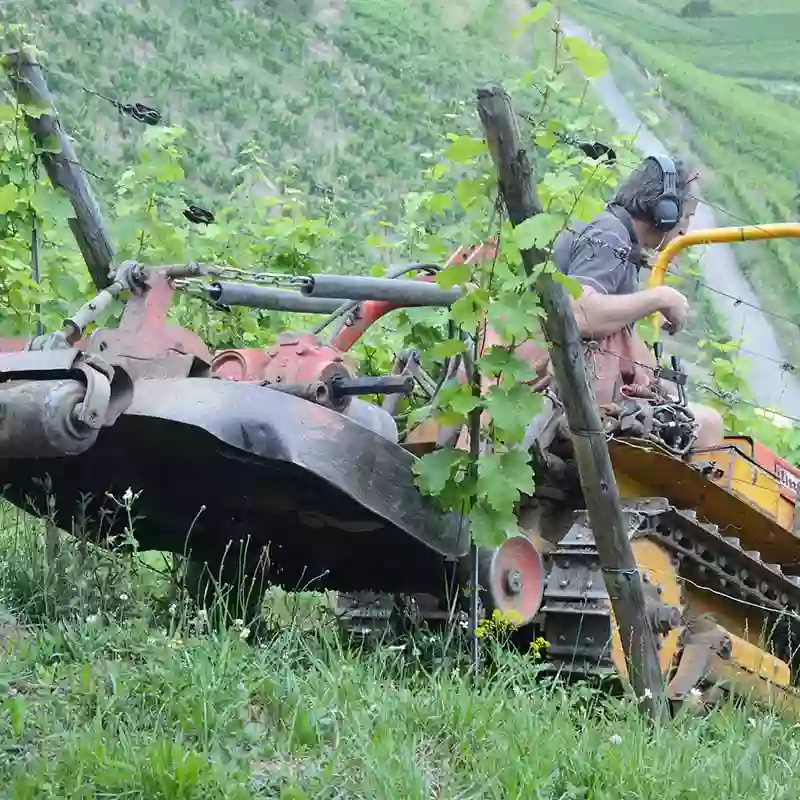
It is by experience of the use of weedkillers, insecticides and chemical fertilizers that a reflection on nature was motivated.
As of 2009, all these practices have been abandoned. In order to preserve the natural balance, only one way is possible, organic farming.
It is in this respect that little by little, from the 2000s, the single use of contact products is used.
It is therefore, to better protect the soil and preserve the fauna and flora that coexist with the vine, that the approach is undertaken.
Thus in 2019, the conversion to organic farming is officially recorded.
It has been practiced for a decade following the example of the specifications of organic farming. In harmony, for the respect of the environment and cultural practices.
In accordance with organic farming practices, yields tend to decrease naturally.
For these reasons, these new and distinctive rules give wines, by cause and effect, more concentrated juices. In fact, it gives wines more richness and complexity.
The yields of controlled designation of origin “AOC Alsace” today represent an average of 57hl per hectare, against 80 authorized by the specifications. Like the AOCs, the “Grands Crus” produce 40 hl per hectare against the authorized 55.
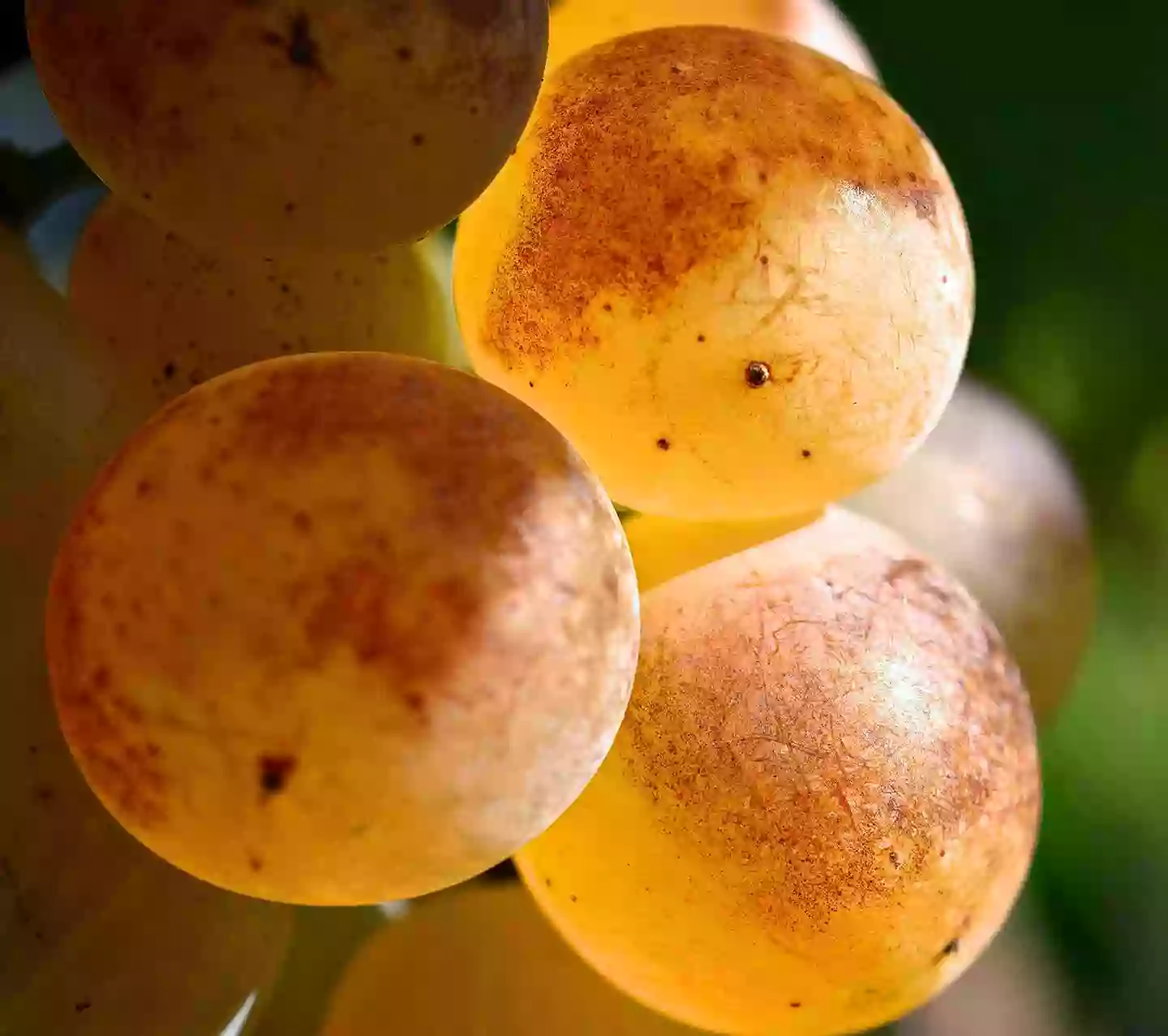
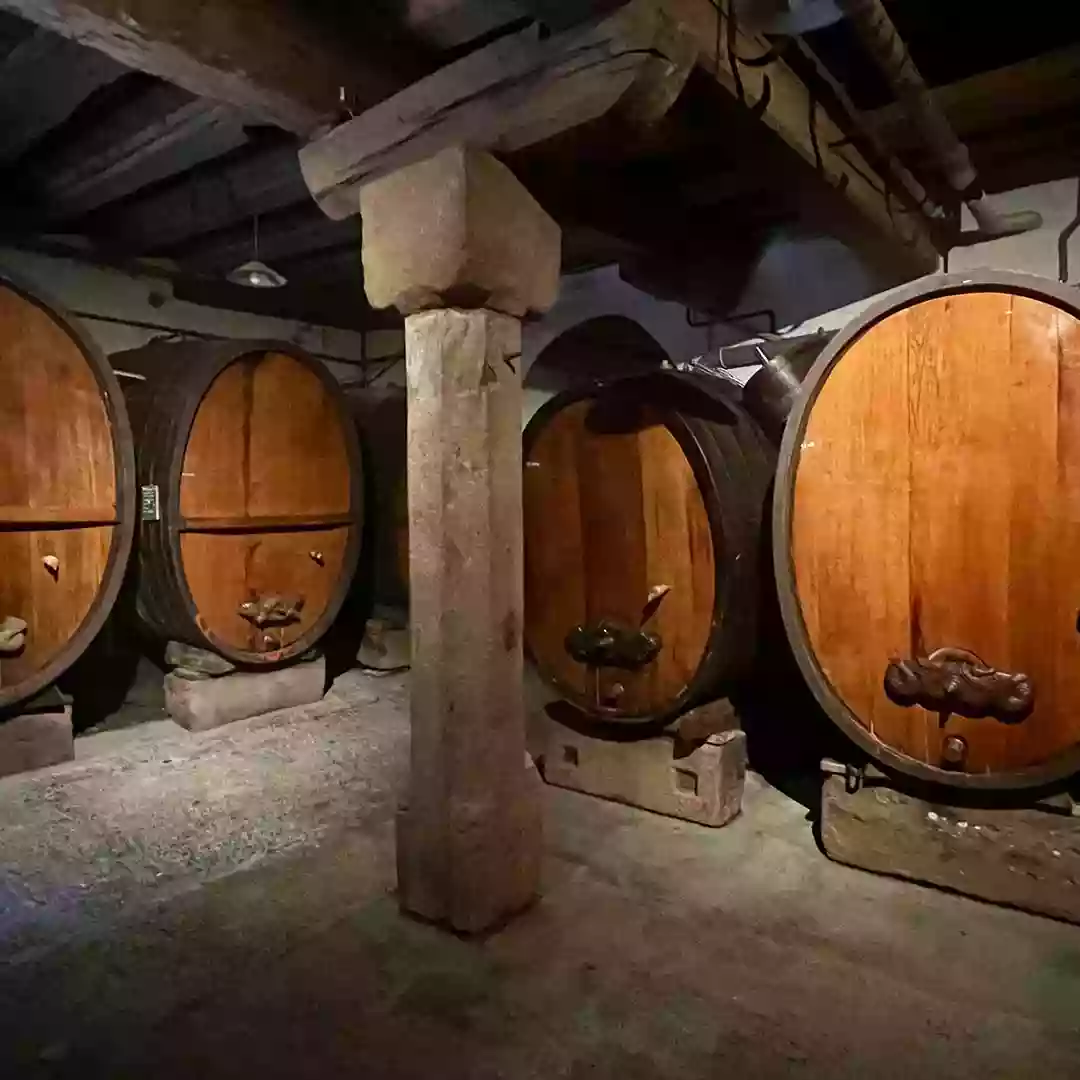
To allow the juices to flow smoothly, the pressing time varies on average between 5 and 6 hours.
After cold settling, the juices are sung in hundred-year-old oak tuns. Subsequently, the alcoholic fermentation begins under the impulse of natural indigenous yeasts present in the grapes.
For the protection of the juices, a minimum of sulfur is used during vinification.
After fermentation, the wines are aged in these same casks until they are bottled at the property.

Listening to the Terroir
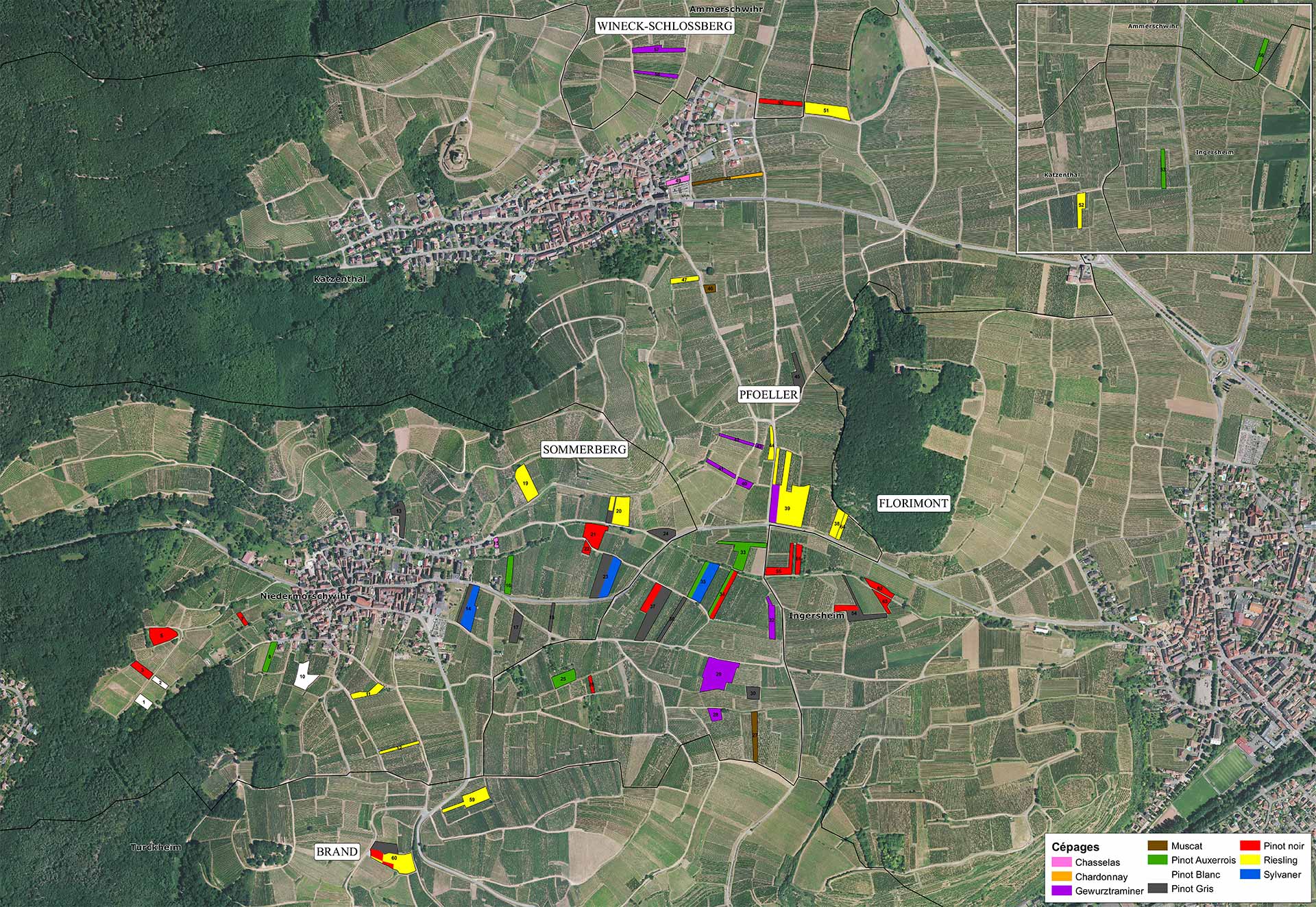

Two Micas (Granitic)
the Sommerberg Grand Cru
«The Sun Hill»
29 ha in Niedermorschwihr
Tilted to 45°
facing south.
Le Grand Cru Brand
«La terre de feu» Granitique à Deux Micas sur 58 ha à Turckheim
Coteau en arc-de-cercle.
As independent winemakers, we are committed to offering you authentic wines, witnesses of our passion and our terroir. This year again, despite the weather, we put all our energy to preserve the quality of our grapes.
The Alsatian climate has not been mild this season, with a weather 2024 marked by frequent rains, requiring increased vigilance and special care to carry out the season in green and harvest. Thanks to our team and our commitment to organic viticulture, we are happy to present you the fruits of this special year.
We are pleased to offer you the Riesling Grand Cru Sommerberg 2020 and the Riesling Grand Cru Florimont 2020. These wines, which reflect the richness of their respective terroirs, are ready to be tasted after 3 years of aging in bottle and reveal all their nuances.
Our Empreintes range embodies the essence of our vineyard and our know-how accessible to all. For the 2022 and 2023 vintages, these wines are an invitation to discover our Alsace terroir in a simple and friendly way. Designed for those who wish to enjoy a good wine every day, they offer beautiful harmony and natural authenticity.
We look forward to welcoming you for a tasting and sharing our passion with you. We look forward to seeing you again and wish you a very happy holiday season.
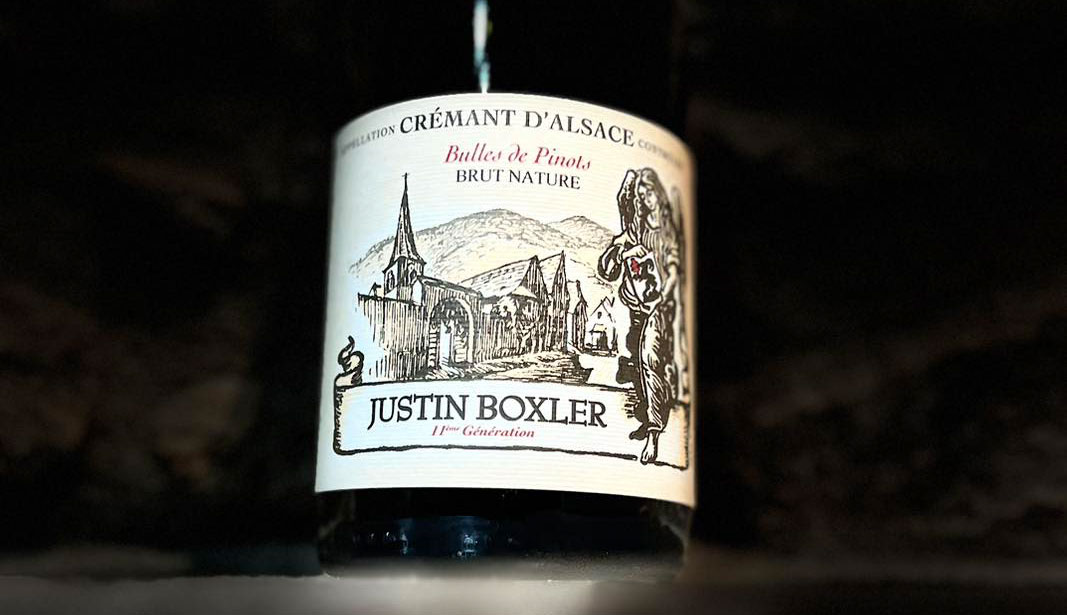
I certify that I am of legal age for drinking alcohol
in my country of residence